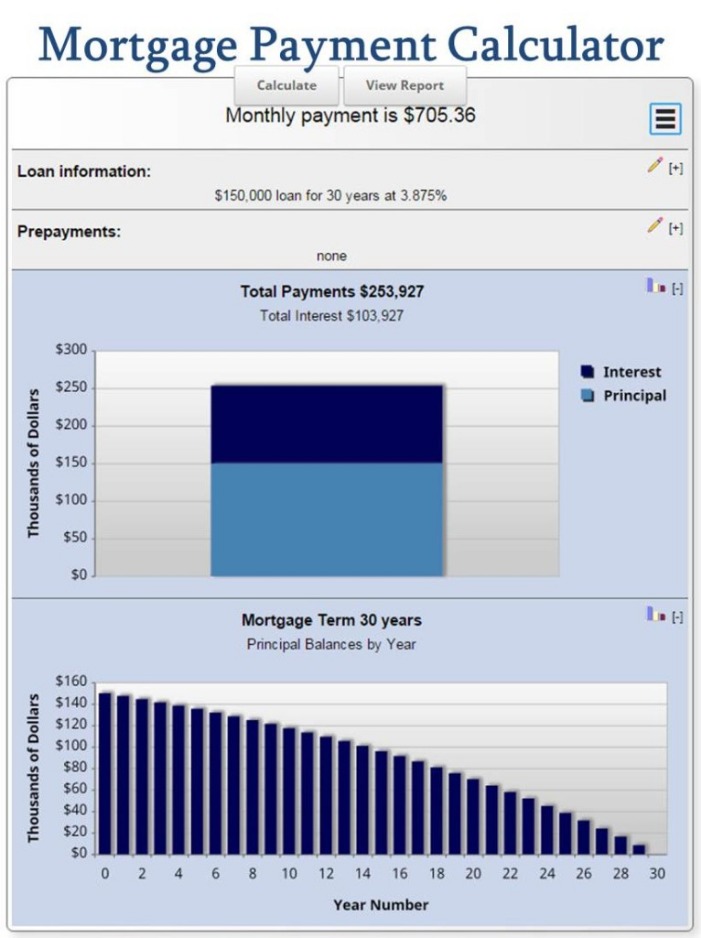In today’s healthcare landscape, ensuring HIPAA compliance is not merely a regulatory obligation but a pivotal component of protecting sensitive patient information. The HIPAA compliance program establishes robust guidelines that healthcare organizations must follow to safeguard medical records and personal health information against threats and vulnerabilities.
Understanding HIPAA Compliance
HIPAA, the Health Insurance Portability and Accountability Act, was enacted to set national standards for protecting sensitive patient data. It ensures that any organization dealing with protected health information (PHI) adopts the necessary physical, network, and process security measures required to safeguard this data. Adopting a comprehensive HIPAA compliance program is essential not only for legal conformity but also to foster trust between patients and healthcare providers.
The Role of HIPAA Compliance Software
Implementing effective HIPAA compliance software can streamline the compliance process by automating risk assessments, policy recommendations, and incident management. This technology aids in maintaining accurate records while ensuring all aspects of HIPAA regulations are consistently met. Moreover, healthcare organizations can benefit from continuous monitoring and updates reflecting the latest regulatory changes.
A detailed understanding of what it means to be HIPAA compliant can significantly enhance an organization’s compliance efforts. For more insights on this subject, explore this comprehensive guide on hipaa compliance.
Overall, prioritizing HIPAA compliance is crucial for any healthcare entity. By investing in a robust HIPAA compliane program and leveraging advanced HIPAA compliance software, organizations can significantly mitigate the risk of data breaches and preserve the integrity and confidentiality of patient information.


